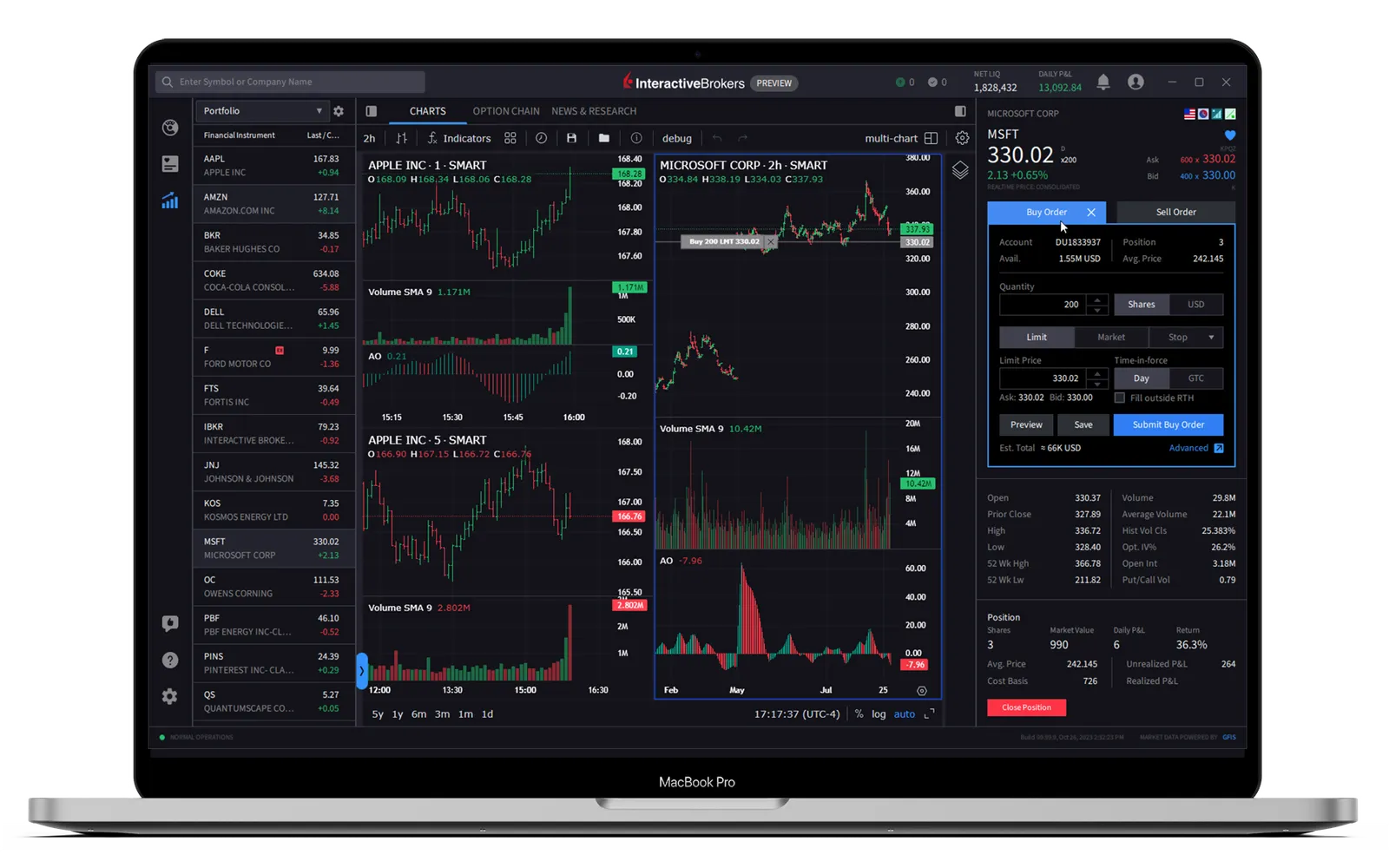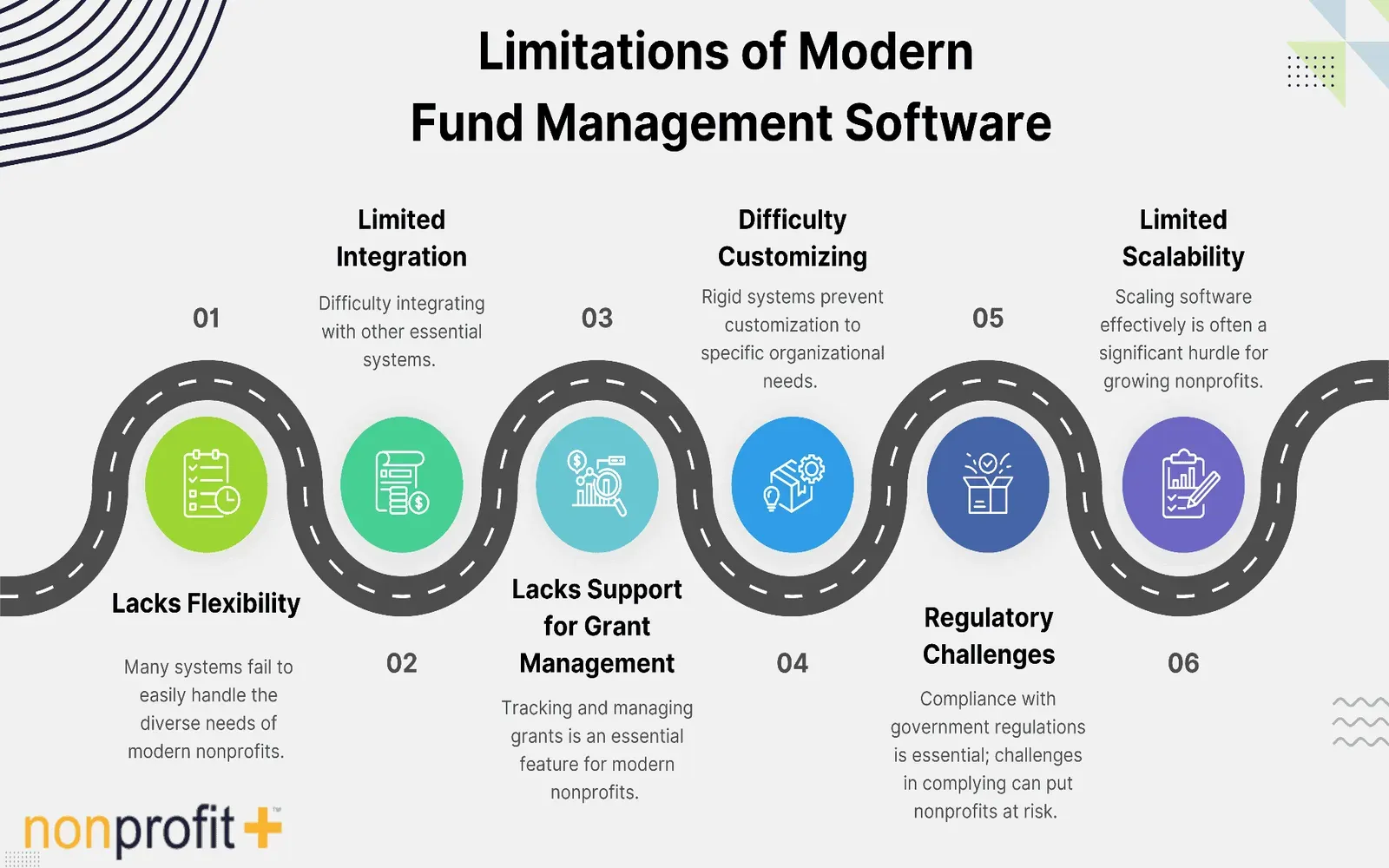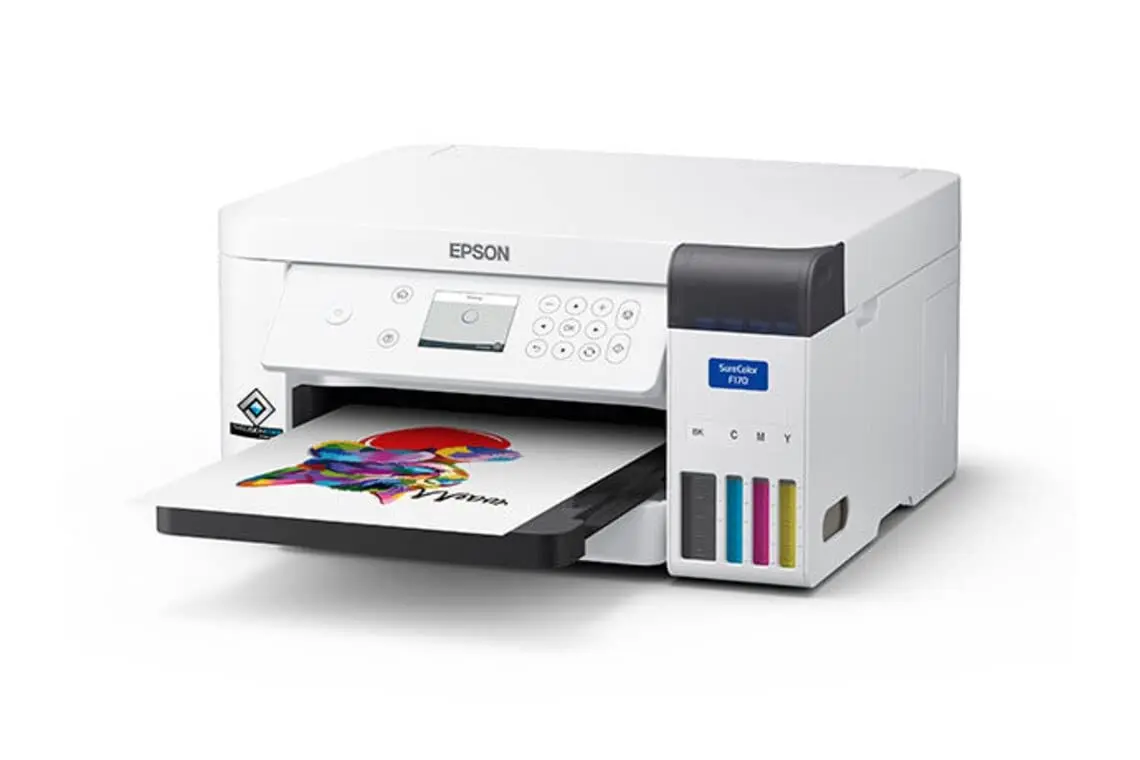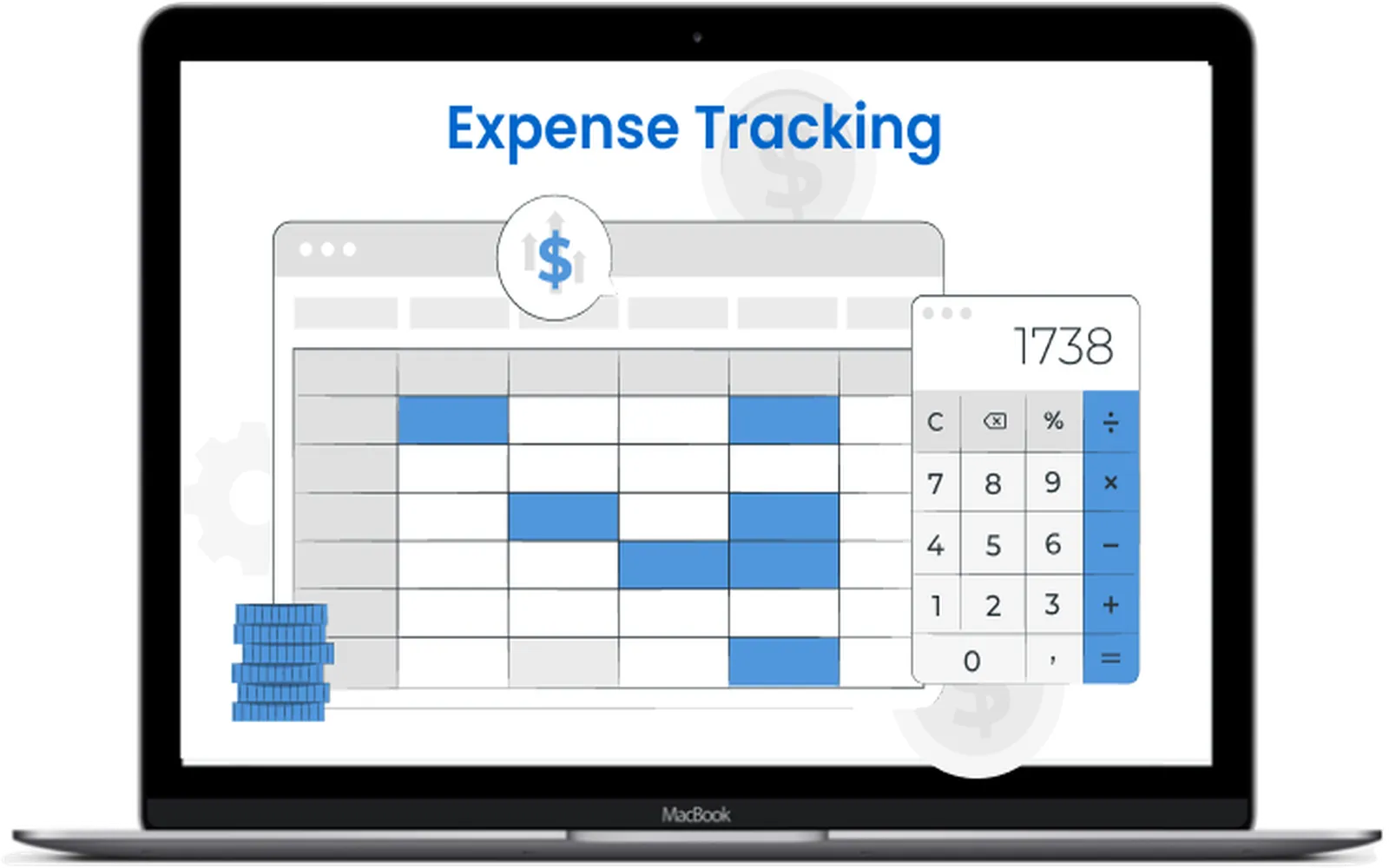In today's fast-paced financial landscape, keeping track of your investments is more critical than ever. With the right tools, you can make smarter investment decisions and manage your portfolio effectively. Below, we explore some of the best investment tracking apps available for U.S. users, highlighting their features, pros, and cons.
1. Personal Capital
Personal Capital is a comprehensive financial management tool that not only tracks your investments but also helps you plan for retirement. Users can link their bank accounts, investment accounts, and retirement accounts, providing a complete picture of their finances.
Key Features:
- Investment tracking across multiple accounts.
- Retirement planning tools.
- Net worth calculator.
- Fee analyzer to assess investment costs.
Pros: The dashboard is user-friendly and visually appealing. The retirement planner is particularly useful for long-term investors.
Cons: Some features are limited to users who invest with Personal Capital’s advisors, which may deter those seeking a completely free option.
2. Mint
Mint is primarily known as a budgeting app, but it also offers robust investment tracking features. By linking your investment accounts, Mint allows you to see your portfolio's performance and track your overall net worth.
Key Features:
- Budgeting tools that integrate with investment tracking.
- Real-time updates on investment performance.
- Alerts for unusual transactions.
Pros: Mint is free to use and offers a comprehensive view of your financial health, making it appealing for beginners.
Cons: The investment tracking features are not as advanced as other dedicated investment apps.
3. Yahoo Finance
Yahoo Finance has been a staple in the investment world for years, and its app continues to provide reliable tracking and research tools. Users can create watchlists, track their portfolios, and read the latest financial news.
Key Features:
- Real-time stock quotes and market data.
- Customizable watchlists.
- News articles and analysis.
Pros: The app is free and provides access to a wealth of financial news and data, essential for making informed decisions.
Cons: Some users may find the interface cluttered and overwhelming at first glance.
4. Robinhood
Robinhood is not just a trading platform; it also offers features for tracking your investments. With its user-friendly design and commission-free trades, it has gained popularity among younger investors and beginners.
Key Features:
- Commission-free trading.
- Real-time market data.
- Portfolio tracking and analytics.
Pros: The app is straightforward to use, making it ideal for novice investors.
Cons: Limited research tools and investment options compared to more established platforms.
5. Stockpile
Stockpile is unique in that it allows users to buy fractional shares of stock, making it an ideal choice for new investors looking to get started with limited funds. The app also provides tools for tracking investments.
Key Features:
- Buy fractional shares with no commission.
- Gift cards for stock purchases.
- Easy tracking of stock performance.
Pros: The gift card feature is innovative, allowing users to introduce others to investing.
Cons: The selection of stocks is limited compared to traditional brokerages.
Comparison Chart
| App | Investment Tracking | Budgeting | Commission-Free Trades | Retirement Planning |
|---|---|---|---|---|
| Personal Capital | Yes | No | No | Yes |
| Mint | Yes | Yes | No | No |
| Yahoo Finance | Yes | No | No | No |
| Robinhood | Yes | No | Yes | No |
| Stockpile | Yes | No | Yes | No |
Conclusion
Choosing the right investment tracking app can significantly impact your financial management and decision-making process. Whether you are looking for a comprehensive financial tool like Personal Capital, a budgeting-friendly app like Mint, or a trading platform with tracking features like Robinhood, each option has its strengths and weaknesses. By evaluating your specific needs and preferences, you can select the best investment tracking app to help you make smarter decisions and achieve your financial goals.









